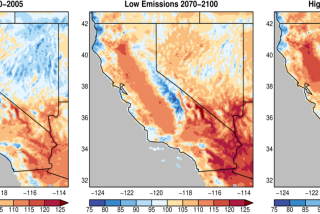Oil and law
- Share via
Re “Sue OPEC,” Opinion, June 19
Decades ago, the International Assn. of Machinists and Aerospace Workers sued OPEC and its member nations for a price-fixing violation of antitrust law. A U.S. District Court held that it did not have jurisdiction over the OPEC nations. The action failed because foreign sovereigns are not persons within the meaning of the Sherman Act, and because there was no causal connection between OPEC activities and domestic price increases. The case was appealed. The U.S. 9th Circuit Court of Appeals avoided a real decision. Oil politics ruled over law. The question remains: Will “oil politics” again rule over law, or will the injury to our economy and citizens be sufficient to convince the U.S. that “other national interests” override “oil politics” and allow the court to take the case?
Richard I. Fine
Tarzana
The writer, an attorney, represented the union in its case against OPEC.
--
Writing an article to justify lawsuits attacking OPEC’s market manipulation and output is what one would expect from lawyers. In what way does U.S. antitrust law have jurisdiction over organizations like OPEC? OPEC has the oil, therefore OPEC has the power.
Deborah Hoyle
Palm Desert
More to Read
Inside the business of entertainment
The Wide Shot brings you news, analysis and insights on everything from streaming wars to production — and what it all means for the future.
You may occasionally receive promotional content from the Los Angeles Times.










